Ljajić: Holland might soften stance
Rasim Ljajić has told Belgrade daily Blic there are indications that Holland might soften its stance, and allow Serbia to sign the SAA with the EU.
Monday, 21.04.2008.
12:21

Rasim Ljajic has told Belgrade daily Blic there are indications that Holland might soften its stance, and allow Serbia to sign the SAA with the EU. “We have received hints that this might happen in the next few days. In this respect, the talks Dutch Foreign Ministry officials will have today during their visit to Belgrade are of vital importance,” said the president of the National Council for Cooperation with the Hague Tribunal. Ljajic: Holland might soften stance After the talks with the Dutch representatives, which will be held during this “crucial visit,” it will be clear what Serbia’s chances are of signing the Stabilization and Association Agreement (SAA), he added. “We’re trying to convince Dutch officials. These talks will take place over the coming days. In any case, Holland is assuming a great deal of responsibility on itself, as the only country that has blocked Serbia’s European integration,” said Ljajic. Asked why Germany had joined Holland and Belgium so unexpectedly, he replied that the reason lay in the events that followed the February 21 protests and the torching of the German Embassy in Belgrade. “Everyone has their own reasons, though Belgium’s position is more flexible than Holland’s. But Germany, which officially highlights other reasons, is opposed because of the torching of the German embassy in Belgrade. That has further irritated the German public and government, though Germany isn’t saying this publicly,” said the National Council president. Asked whether, after the visit of Hague Chief Prosecutor Serge Brammertz, he was more optimistic over signing the SAA, Ljajic said that it was still difficult to predict accurately whether the agreement would be signed or not on April 28. “But, we haven’t given up hope of signing the SAA on April 28. We’re doing everything to convince the Tribunal and the international community that we are doing our best to bring the Hague fugitives to justice. And, we will continue to do so in the coming days,“ he vowed. The National Council president said that the most important thing was that Brammertz had repeated in Brussels what he had said in Belgrade, “which was that cooperation did not just mean bringing Ratko Mladic before the Hague.” Ljajic also rejected suggestions that the prosecutor had insisted exclusively on the arrest of the Hague fugitives, reiterating that he had previously said that cooperation meant access to documentation, archives, witnesses and search operations. “Personally, I think that the Hague prosecutor will not evaluate or give appraisals on the basis of whether there have been arrests or not. If his appraisal comes down to that, the report would be entirely negative. But, given that a degree of cooperation is being achieved in other sectors, I don’t expect a positive, but balanced report. I pointed out to him that out of 165 requests, we had responded to 143,” he explained. The National Council president added that Brammertz would take into account the operation to arrest Stojan Zupljanin, but that it would not have a serious bearing on his report. “We’ve done all we can. The action to arrest Zupljanin is an example of political will. We carried that operation out a month before the elections, we could only have expected a negative voter reaction to it, but we did our best to meet our international commitments. That showed our political determination, despite the election risks,” Ljajic stressed. Nonetheless, he still believes that signing the SAA depends more on Holland than on Brammertz. Following comments by European Enlargement Commissioner Olli Rehn that the EU wanted Serbia to choose the European path and help Kosovo at the same time, the National Council president said that the greatest help the EU could send to Serbia would be to refrain from demagogic messages. “Everything they’ve done, particularly since 2000, has, very often, been counter-productive. Although I don’t say that their intentions were bad, their moves indicate superficiality, improvisation and ignorance of Balkan politics,” lamented Ljajic. “The EU should not help us with words, or give their support to anyone. We’re fighting for the votes of Serbia’s citizens, not for those of the EU. If they want to help, then they can stop, once and for all, setting us conditions and sending us messages. The first concrete step they can take is to offer us the SAA,” he said.
Ljajić: Holland might soften stance
After the talks with the Dutch representatives, which will be held during this “crucial visit,” it will be clear what Serbia’s chances are of signing the Stabilization and Association Agreement (SAA), he added.“We’re trying to convince Dutch officials. These talks will take place over the coming days. In any case, Holland is assuming a great deal of responsibility on itself, as the only country that has blocked Serbia’s European integration,” said Ljajić.
Asked why Germany had joined Holland and Belgium so unexpectedly, he replied that the reason lay in the events that followed the February 21 protests and the torching of the German Embassy in Belgrade.
“Everyone has their own reasons, though Belgium’s position is more flexible than Holland’s. But Germany, which officially highlights other reasons, is opposed because of the torching of the German embassy in Belgrade. That has further irritated the German public and government, though Germany isn’t saying this publicly,” said the National Council president.
Asked whether, after the visit of Hague Chief Prosecutor Serge Brammertz, he was more optimistic over signing the SAA, Ljajić said that it was still difficult to predict accurately whether the agreement would be signed or not on April 28.
“But, we haven’t given up hope of signing the SAA on April 28. We’re doing everything to convince the Tribunal and the international community that we are doing our best to bring the Hague fugitives to justice. And, we will continue to do so in the coming days,“ he vowed.
The National Council president said that the most important thing was that Brammertz had repeated in Brussels what he had said in Belgrade, “which was that cooperation did not just mean bringing Ratko Mladić before the Hague.”
Ljajić also rejected suggestions that the prosecutor had insisted exclusively on the arrest of the Hague fugitives, reiterating that he had previously said that cooperation meant access to documentation, archives, witnesses and search operations.
“Personally, I think that the Hague prosecutor will not evaluate or give appraisals on the basis of whether there have been arrests or not. If his appraisal comes down to that, the report would be entirely negative. But, given that a degree of cooperation is being achieved in other sectors, I don’t expect a positive, but balanced report. I pointed out to him that out of 165 requests, we had responded to 143,” he explained.
The National Council president added that Brammertz would take into account the operation to arrest Stojan Župljanin, but that it would not have a serious bearing on his report.
“We’ve done all we can. The action to arrest Župljanin is an example of political will. We carried that operation out a month before the elections, we could only have expected a negative voter reaction to it, but we did our best to meet our international commitments. That showed our political determination, despite the election risks,” Ljajić stressed.
Nonetheless, he still believes that signing the SAA depends more on Holland than on Brammertz.
Following comments by European Enlargement Commissioner Olli Rehn that the EU wanted Serbia to choose the European path and help Kosovo at the same time, the National Council president said that the greatest help the EU could send to Serbia would be to refrain from demagogic messages.
“Everything they’ve done, particularly since 2000, has, very often, been counter-productive. Although I don’t say that their intentions were bad, their moves indicate superficiality, improvisation and ignorance of Balkan politics,” lamented Ljajić.
“The EU should not help us with words, or give their support to anyone. We’re fighting for the votes of Serbia’s citizens, not for those of the EU. If they want to help, then they can stop, once and for all, setting us conditions and sending us messages. The first concrete step they can take is to offer us the SAA,” he said.










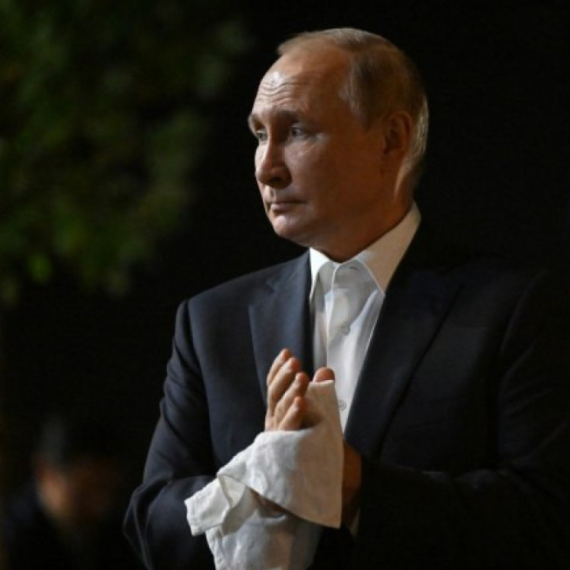
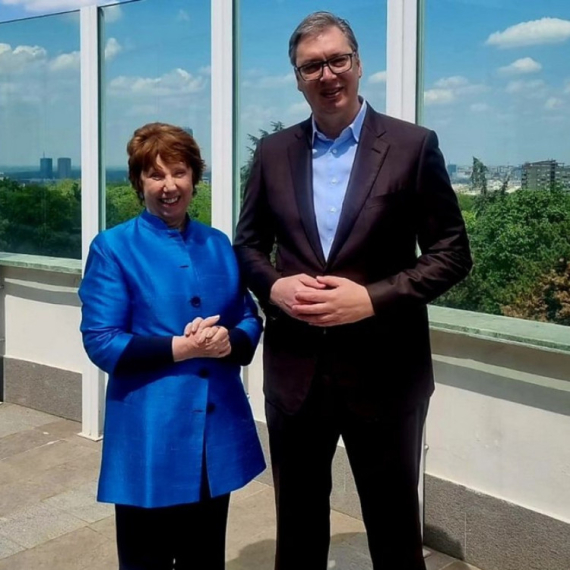
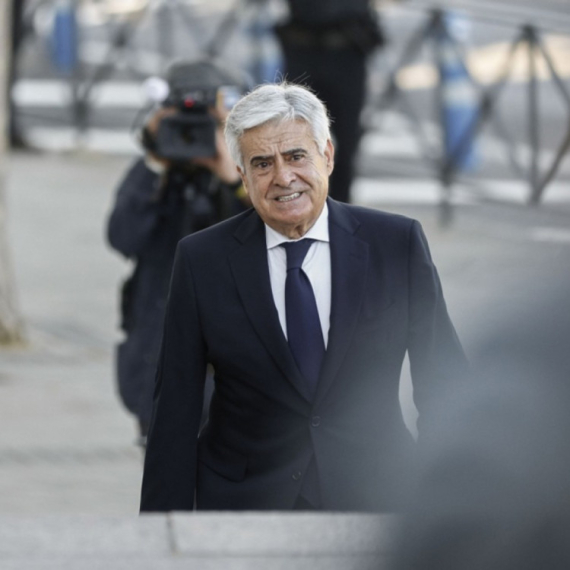

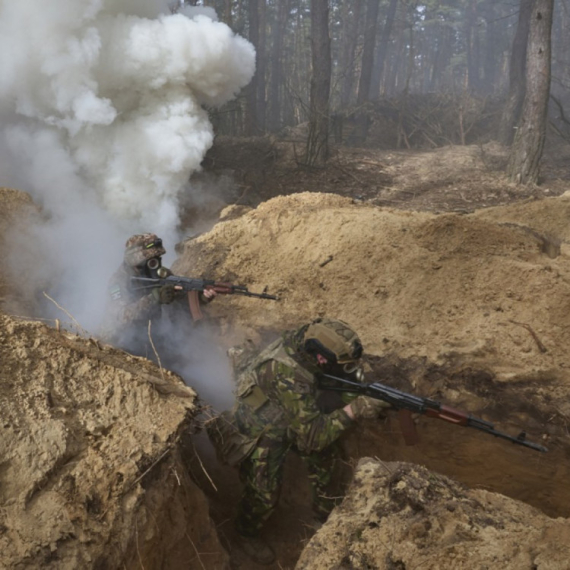
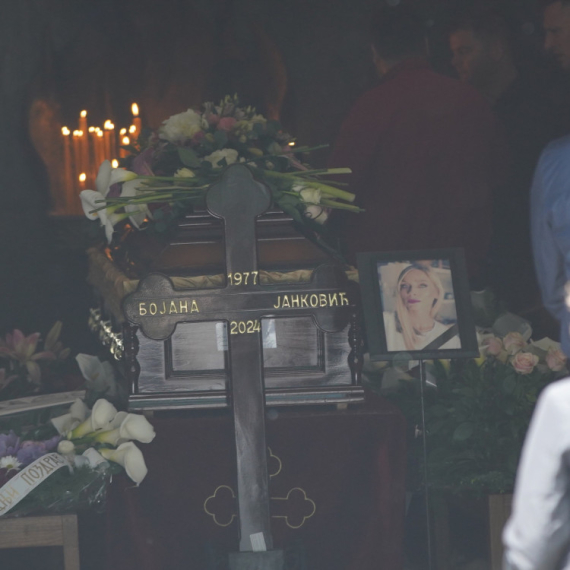


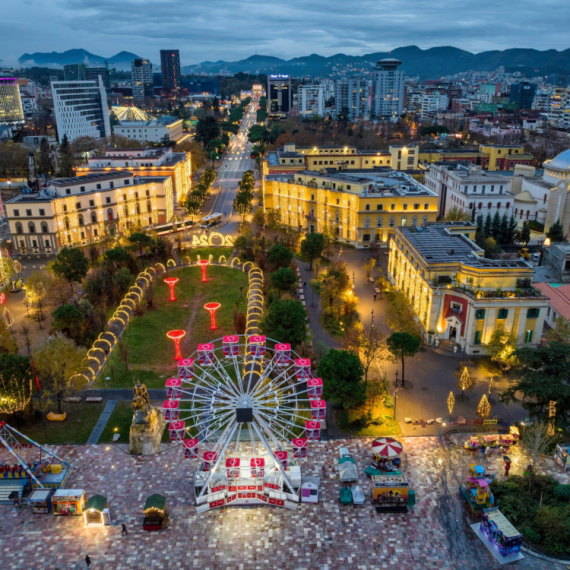






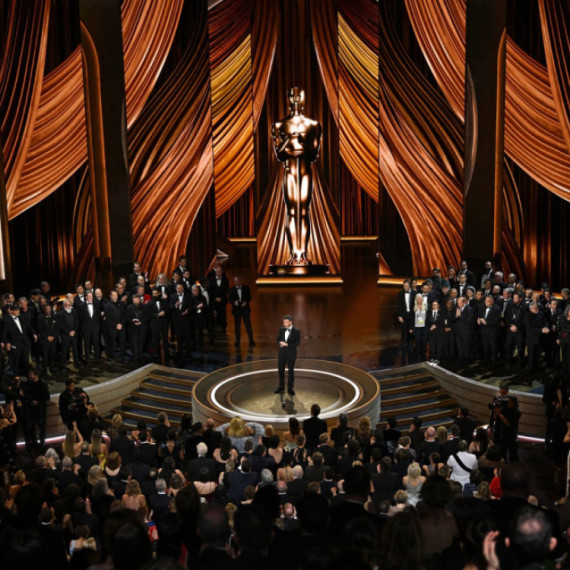
















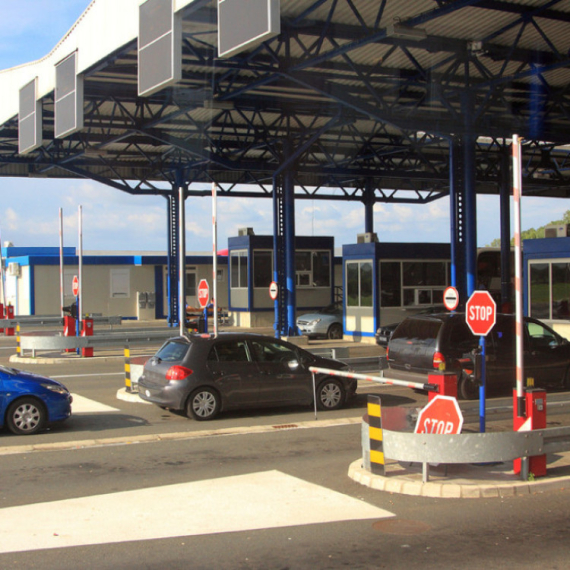


Komentari 4
Pogledaj komentare